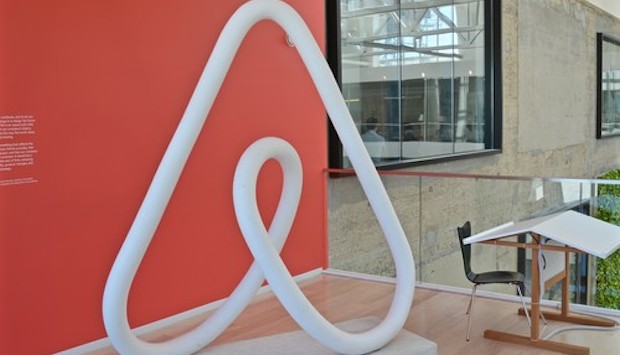 IT is not the answer to everything. And neither is digital transformation. In fact, it can sometimes be a contributor to problems in our society. Take the housing crisis in Dublin, for example. There are many causes for today’s skewed housing and rental market but one of the newest – and biggest – contributors to the problem is one of the poster boys of digital transformation, Airbnb.
IT is not the answer to everything. And neither is digital transformation. In fact, it can sometimes be a contributor to problems in our society. Take the housing crisis in Dublin, for example. There are many causes for today’s skewed housing and rental market but one of the newest – and biggest – contributors to the problem is one of the poster boys of digital transformation, Airbnb.
The distortionary effect of Airbnb on housing in cities has reached such a level that a number of them have taken action to try and mitigate its impact on local housing, including Barcelona, Paris, Ibiza, Mallorca and Amsterdam. The Irish government is proposing to take action of its own to try and restrict owners of buy-to-let properties from letting properties out for short-term or holidays for more than three months in a year. There are issues over how it will be enforced, however.
Nevertheless, the problem is gaining attention beyond these shores. Guardian journalist John Harris devoted an entire column to the homeless situation in Dublin and the effects of Airbnb. In the article, he notes: “In August 2018, there were reckoned to be 3,165 entire properties listed on Airbnb in Dublin, compared with only 1,329 available for long-term rent.” In other words, there were more than double the amount of properties listed on Airbnb than for long-term rent.
Harris goes on to write the following sentence: “The city is smattered with key boxes for Airbnb apartments. A stock line among activists demanding action from the government gets to the heart of all this: in 21st-century Dublin, they say, homeless families stay in hotels, and tourists stay in houses (my emphasis).”
Can anyone honestly say those words would have been written if Airbnb hadn’t come into existence and disrupted the rental and hotel market so powerfully?
Of course, in Ireland’s case, there are other contributory factors that are heaping intense pressure on the housing and rental market. For example, the favourable corporation tax has attracted many IT companies such as Facebook, Twitter, Google and others to site their European headquarters – and higher paid employees – in Dublin, bringing its own distortionary effect.
Something equally bizarre has happened with those other digital disrupters, Uber and Lyft. Yes, they have made it easier for people to hail a taxi and improved the experience of using a taxi but they have also drastically diminished the value of taxi driver as a profession.
In addition, according to research from Schaller Consulting, they have contributed to a 37% increase in people using taxis from 2016 to 2017 and 5.7bn miles of driving in the nine largest metro areas in the US. The study also found that 60% of Uber and Lyft passengers in large, dense cities would have taken public transport, walked, ridden a bike or not made the journey if Uber and Lyft hadn’t been available. That’s an awful lot more pollution and carbon being pumped into the atmosphere than in pre-Uber and Lyft days.
As Khoi Vinh notes in a Fast Company article about Uber and Lyft: “The gas consumption – and attendant pollution and environmental damage – required to support all of this additional driving is staggering. But think also about all of the fossil fuels that are required just to allow Uber and Lyft drivers to continually circulate around a city so that that there will always be one near you when you need it.”
Needless to say, that’s not something that the cheerleaders of the digital disrupters tend to focus on in their Powerpoint presentations. But there’s no escaping the fact that in a number of areas the digital disrupters haven’t just disrupted their chosen industries or sectors, they’ve disrupted our societies too. And the unintended consequences of that disruption can frequently be very damaging.








Subscribers 0
Fans 0
Followers 0
Followers